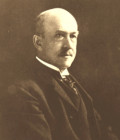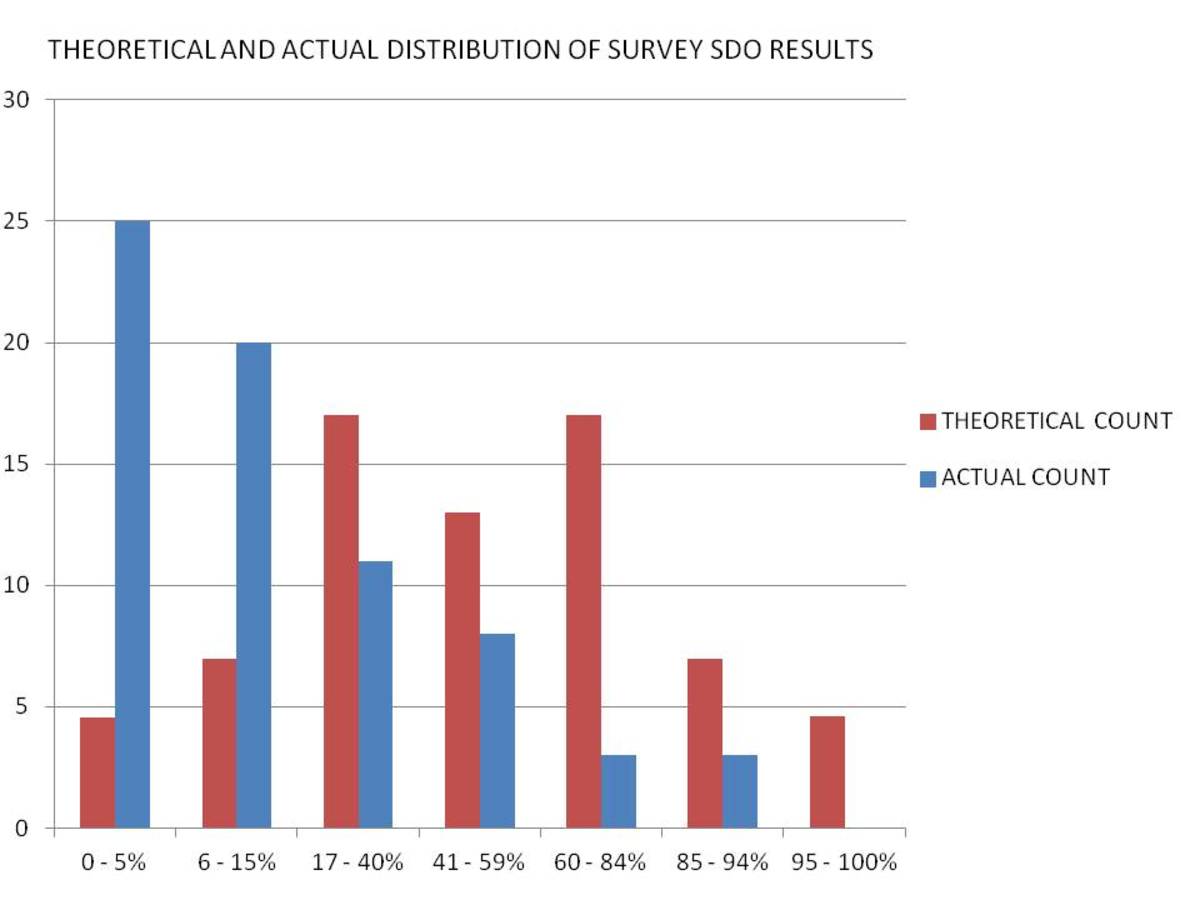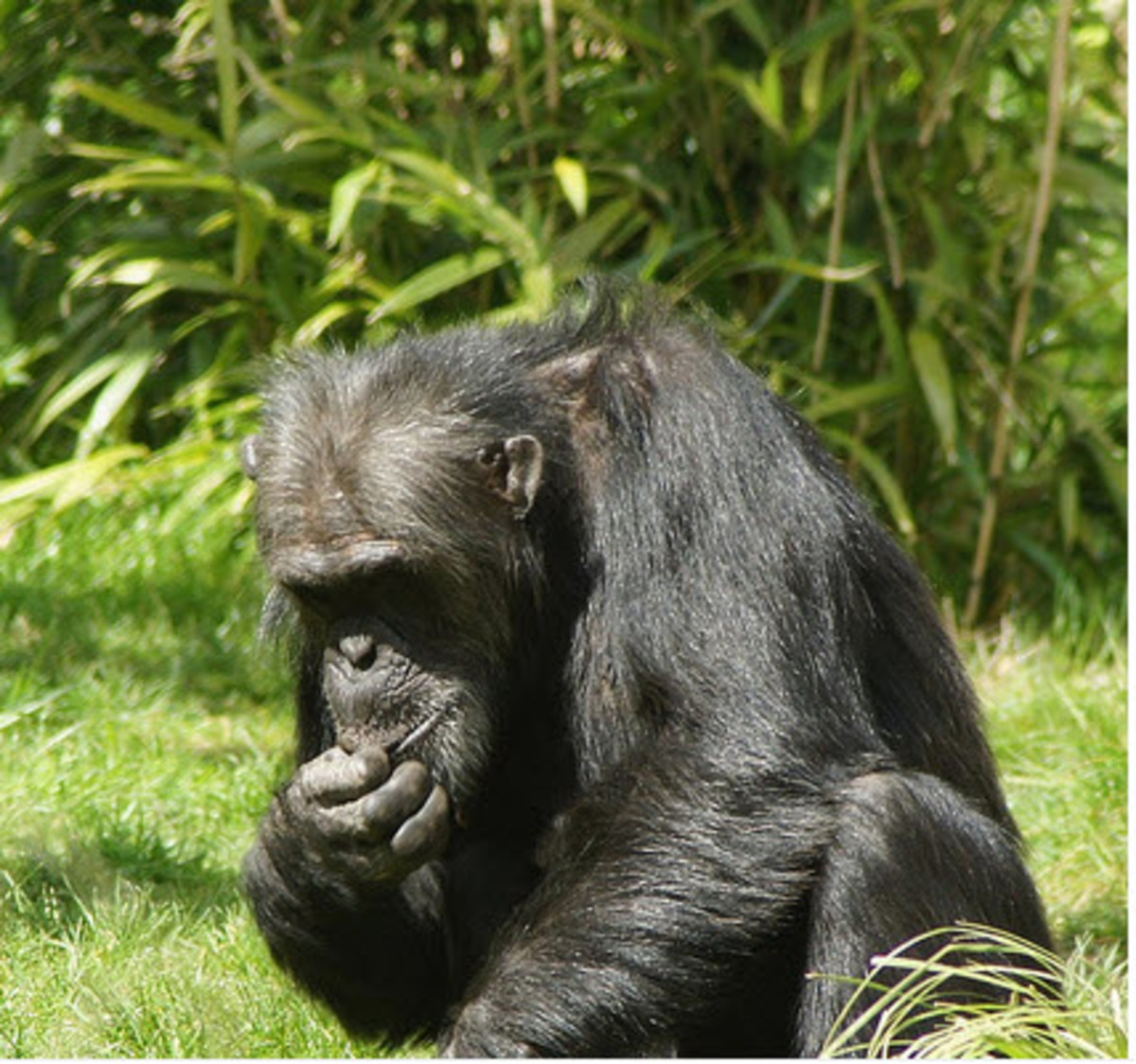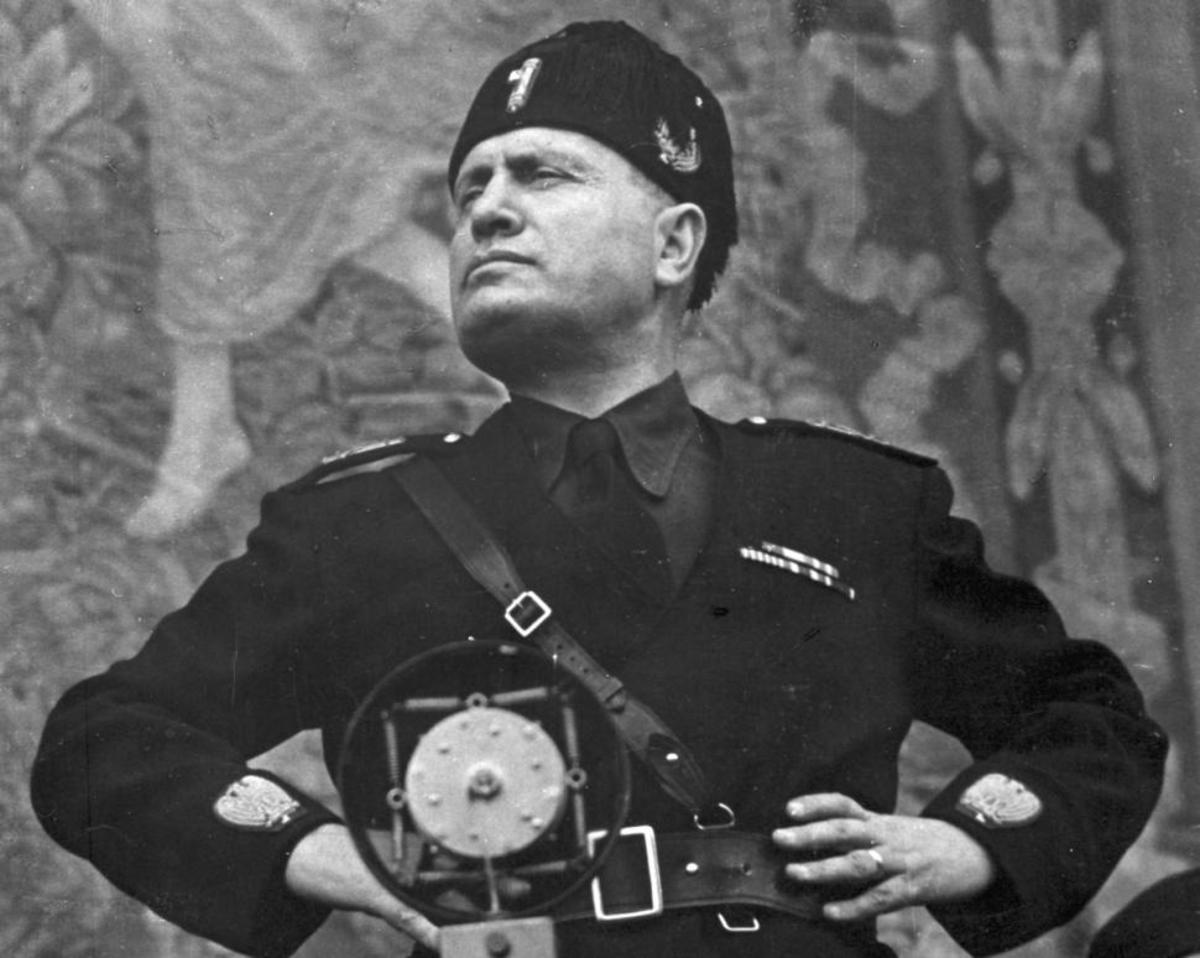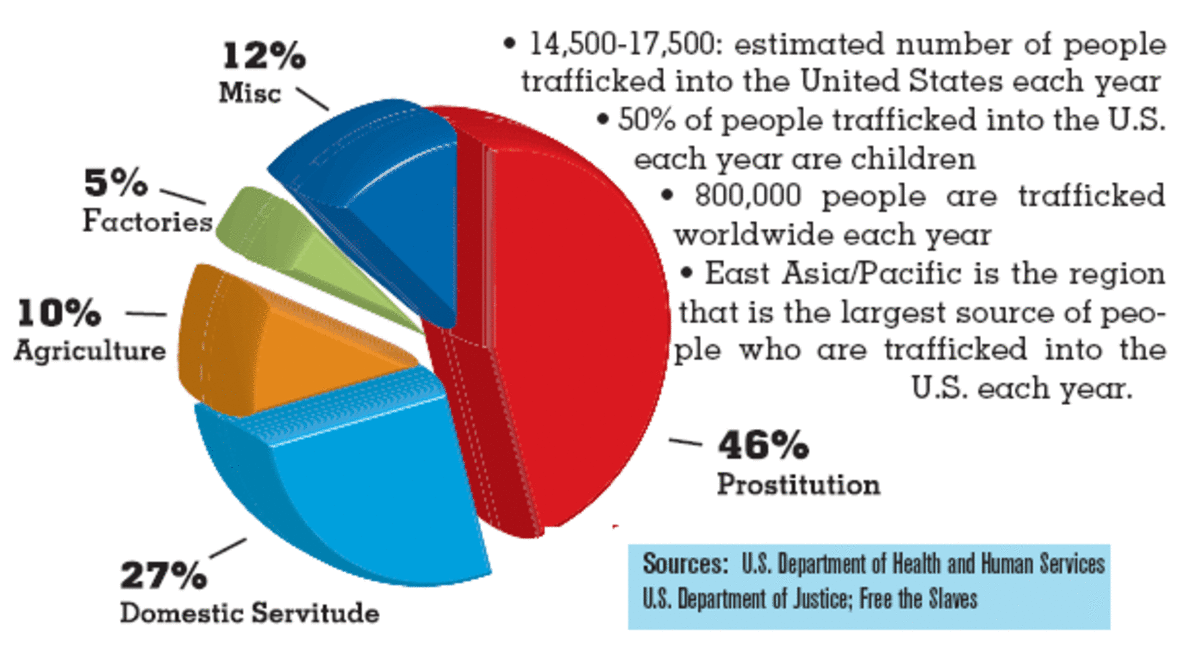The 120th Birthday Party - Colne Valley CLP
The 120th Celebration
On 21 July 1891 the Social Democratic Club met for the first time, at 23 Nabbs Lane, Slaithwaite. It eventually evolved into the Colne Valley Constituency Labour Party, the oldest Constituency Labour Party in the United Kingdom. The Social Democratic Club was modelled on the Bradford Labour Union which had been formed earlier in 1891, but which served all the Bradford constituencies. All of the Minute Books for Executive and General meetings held since the party's formation are now held in Huddersfield University Library. Virtually no Constituency Labour Parties have such complete documentation.
The Colne Valley Constituency included all of the Colne and Holme Valleys and included Saddleworth and parts of Oldham. Before the motor car, political organisation took real dedication.
In those days it was very hard to be a declared socialist, because employers would not employ you, and often refused to employ your relations, too.
In some areas where the trade unions were strong, activists would be employed by a trade union itself, commonly as a checkweighman, checking that the employer was recording accurately the weight of coal produced. In areas like the Colne Valley, leadership came from self employed and small employeur entrepreneurs, or employees of the retail cooperatives or insurance agents. So for example the first Chairman was George Garside, a Marsden blacksmith.
The following year George was elected to the West Riding County Council, gaining 55% of the vote. He was the first socialist to gain a seat on a County Council in Britain
The Luddite Tradition
The Colne Valley was one of the important textile areas of the country, being part of the West Riding and with canal and train links to Manchester. With lots of water power available, and good transport links, the wool trade blossomed. Every village had houses built with the windows designed to maximise the working day for the weavers working at home.
There was a clear distinction between the mill owners who were rich, and everyone else. Given that almost everyone who wished to travel from one village to another had to walk, local communities became very distinct. Families were large, and were often linked by work and marriage. Even today, a geneologist in the village of Golcar says that 75% of the village are related to him or to his wife. In the Colne Valley ward, with an electorate of about 10,000, one recent candidate had over 600 relatives on the electoral roll. One of my son's friends at the valley High School had over 30 cousins in the school with him.
The invention of cropping frames allowed for industrialisation of the weaving process, to the hardship of local weavers. The frames were manufactured in Marsden by Enoch Taylor. As Enoch also made sledgehammers the Luddite motto was "Enoch shall make them and Enoch shall break them".
Mills were stormed by masked men at night, and the weaving frames would be smashed. After word was sent to the local magistrates, and they called out the Army, daylight would show a wrecked mill and no suspects. As the penalty for this activity was death, there was a tradition of silence and wilful deafness.
A Marsden mill owner was murdered in 1812, and a number of suspected and confessed Luddites were executed. Cavalry were stationed in Marsden to enforce civil order. At one point there were more troops in the North to deal with Luddites than Wellington had to fight Napoleon!
Taylor's works were never attacked, because he paid his skilled workers well, and they persuaded the local community against any attack. The loaded cannon in the works directly facing the gate, and the cavalry stationed minutes away might also have been disincentives.
There was some tradition of local co-operation, with the Meltham Mills Co-operative shop formed in 1827, long before the Rochdale Pioneers shop of 1844, popularly regarded as the forerunner of the Co-operative movement. The Luddite movement died down, but there was a working class identity which expressed itself in non-conformist churches, and social networks like clubs and self help organisations.
Practical difficulties
The hostilities towards socialists and trade unionists meant that no organisation, church, or public house would allow meetings. Houses were small and crowded, and meetings were impractical for most homes - apart from the danger of eviction.. The cellar at 23 Nabbs Lane was already used for railway trade union meetings, and was about the only venue available.
The relatively small number of activists was swelled by the large numbers of supporters who dared not raise their heads above the parapet. After a few years, when the Socialist cause was seen to be a success, workplaces and streets were bestrewn with red banners and the employers and landlords took no action.
Socialist women
The socialists realised that they had to build a socialist society. Socialist clubs started all over the Colne Valley. In these halls socialist men and women and old people could meet freely and socialise in a supportive atnosphere. There were Socialist Sunday Schools, teaching the Socialist Ten Commandments. The clubs ran excursions at holiday times, and self education was a regular feature. Most of the socialist clubs barred intoxicating drink, because many socialists were teetotallers. At this time women generally could not vote.The women were involved in the development of a rich social and political life. The women's groups were part of the organisation, and did not confine themselves to what are now called "womens issues".
Many socialist women honed their speaking and debating skills in these friendly supportive meetings. The women were the backbone of the party, organising all the social side including sick visiting and support of the elderly. They raised money for strike funds, and where possible gave aid directly.
The redoubtable Jessie Smith was the first woman County Councillor elected. and she served 37 years on West Riding County Council, rising to chair the Council.
Victor Grayson
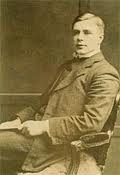
The First Socialist MP
The major political parties at the time were the Conservatives who broadly supported the landowners, and the Liberals who broadly supported the manufacturers. The working class generally did not have the vote, because there was a property qualification. The Liberals were more attractive to the radicalised workers, in part because they were more urban based and sought allies against the Conservatives. In religion the Conservatives tended to be more Church of England - the established church, and liberals tended to be more non-conformist.
Neither party was likely to support a socialist programme, but there were certainly some Liberals who were close to socialism. Socialists had to persuade the working men who could vote to abandon the Liberals and to vote Socialist.
In 1893 the Independent Labour Party was founded in Bradford, and the Colne Valley Labour Union affiliated immediately.
In 1907 the party selected Victor Grayson, a young charismatic speaker from Manchester. He campaigned up and down Colne Valley, drawing huge crowds. People wept and cheered during his speeches, and the air of excitement was astounding.The national Labour Party was trying to persuade the Liberals to move towards an election coalition, where some constituencies would have only one "Liblab" candidate, to avoid splitting the anti -Tory vote. An avowed fully socialist candidate in the Colne Valley byelection was just an embarrassment, and many in the national party found themselves unable to visit Yorkshire that month.
Victor Grayson won, to the excitement of the people and to the horror of respectable society.
Victor was wildly popular as a speaker, and spent much of his time touring the country preaching socialism to wonderful meetings. The established Labour MPs were not particularly impressed by Victor. At the next General Election Victor lost the seat. Still popular as a speaker he fell towards drink and women, neither activity making him popular among his nonconformist socialist supporters in the Colne Valley. The final breach was when he supported the First World War to which the Colne Valley party was opposed.
Victor was last seen in a rowing boat with Maundy Gregory, a right wing activist who later went to prison for selling honours. Maundy Gregory was quite capable of murder. The obvious question is why Victor Grayson would be in such company.
Philip Snowdon
Philip Snowden was the next Labour MP to be elected, and rose to be Chancellor of the Exchequer in Ramsay MacDonald's minority Labour Government. Sadly he followed Ramsay MacDonald into the National Government and Colne Valley selected a socialist to oppose him in the 1935 General Election.
We have had a number of Labour MPs since, many of them excellent people. This article is not a history of them but is about our 120th birthday party.
The Celebration
Current activists donned Victorian clothing and false moustaches, and read from the actual minutes of early meetings and press reports of the time, reenacting some of the highlights of the first twenty years. A young teenage girl recited the Socialist Ten Commandments, and then the meeting rose to recite them together. We had singing from the East Lancashire Socialist Choir, who gave us the Red Flag, the Internationale, and a Billy Bragg version of the Internationale which I think is actually better. And other music.
David Clark was at one time our MP, and wrote a history of the Colne Valley Labour Party and a biography of Victor Grayson. Lord Clark, as he now is, told us some stories of his experiences as a candidate and MP in Colne Valley. Attending the funeral of an elderly activist, he realised that the activist probably had lots of documents from the early years of the struggle. "Oh Yes" said his family "- it took us hours to burn it all!"
The meeting was rounded off by Kali Mountford our recently retired MP, who gave us some characteristically socialist comments on the current government.
Afterword
I was Secretary of the Colne Valley Constituency Labour Party for a few years, and must of course declare my affection for that generation of activists. The celebration was attended by comrades in their eighties and nineties. My generation and the new generation were well represented, and with young Sam attending at six weeks of age the next but one generation of activists was represented also.
A thoroughly pleasant event.

